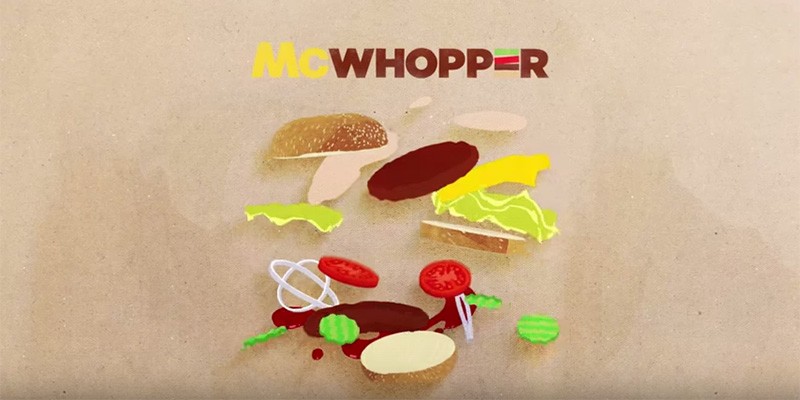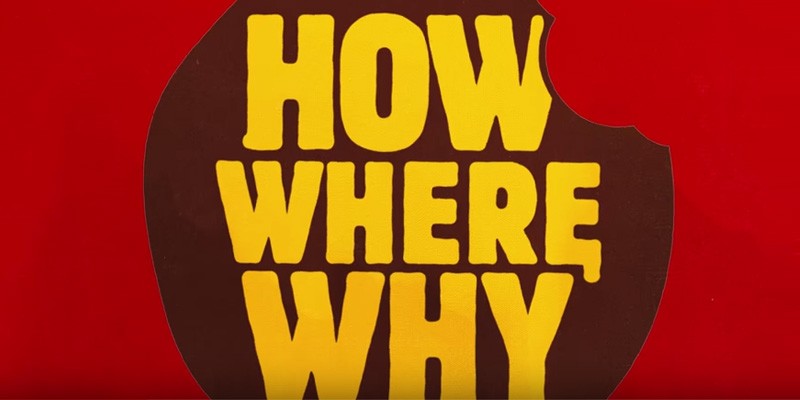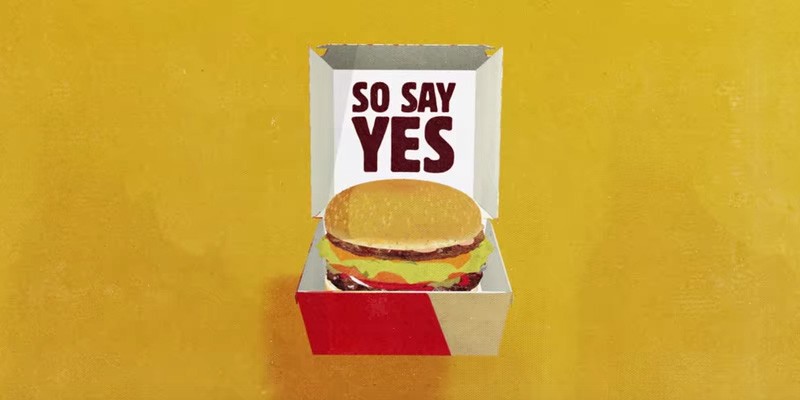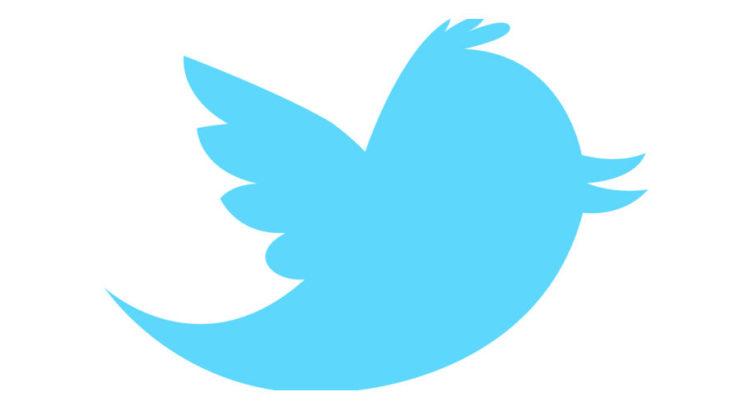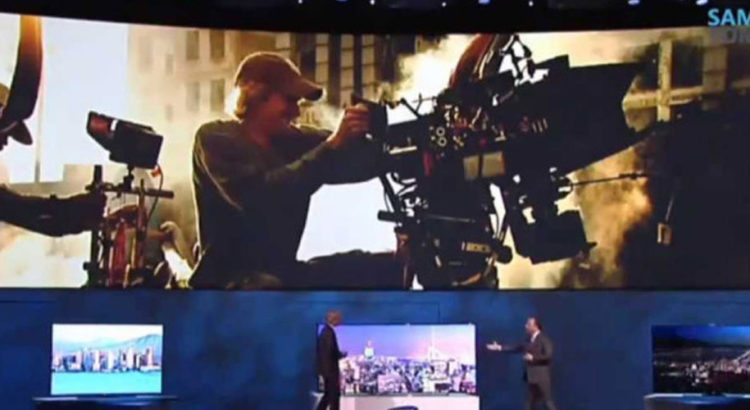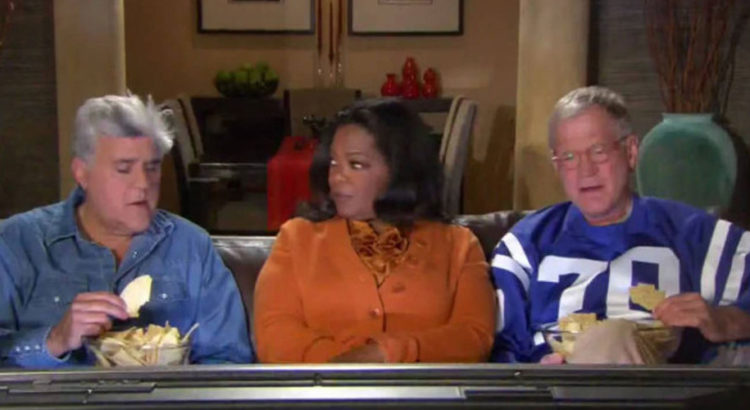Burger King may have struck a publicity coup against McDonald’s. By suggesting a product tie-up with one of their own rivals, they’ve managed to bring in a lot of online attention and increase interest in their brand.
In the midst of a sales slump and a menu revamp, McDonald’s may have been caught unaware of this plan. Burger King struck first by proposing a union between the companies’ flagship burgers: the Big Mac and the Whopper. But their charming overtures to end the beef with beef has left a bitter taste in people’s mouths when McDonald’s rejected their proposal.
And so, the dream of a McWhopper ended not with a bang, but a McWhimper.
Was it a total failure, though?
So, What Happened?
Burger King fired the first shots with two full-page ads in the New York Times and Chicago Tribune – two publications with high circulation. They also created a well-designed website with slick animations to showcase “The Unthinkable Burger.” The self-described “Home of the Whopper” came up with a compelling and convincing proposal.
Online reaction was positive, watering the mouths of online users worldwide. There was even a promise to donate the proceeds to Peace One Day, a non-profit organization for world peace. It looked like things would fall neatly into place, but McDonald’s was unimpressed.
People were clamoring to make it happen, but Mickey D’s crushed everybody’s high expectations by publicly rejecting the offer.
Why the Rejection?
As disappointing and anticlimactic as it may have been, it was actually unsurprising. Based on statistics, McDonald’s pulled in nearly 3 times as much money in 2014 at USD 35.4 billion dollars versus Burger King’s USD 8.6 billion. Being the more profitable company, McDonald’s could just end up losing market share to Burger King if they agreed.
The McWhopper’s positioning as a solution to world peace may have also been its downfall. It provided McDonald’s an easy and face-saving way to reject it – which they used: “…let’s acknowledge that between us there is simply a friendly business competition and certainly not the unequaled circumstances of the real pain and suffering of war.”
To top it off, they ended it with this postscript: “A simple phone call will do next time.” McDonald’s made Burger King look petty and inappropriate for equating the reality of global conflict to the business competition between rival fast food chains. Simply, McDonald’s may not have wanted it at all, having less to gain than Burger King.
But would it have gone any other way?
What Else Could Have Been Done?
It’s hard to say if any other course of action would have blessed the world with the presence of a McWhopper. A more light-hearted yet still serious holiday might have made the proposal harder to reject. Maybe a Halloween collaboration or special salad for St. Patrick’s day would have worked?
Still, it was a sly move for Burger King to start a public confrontation. They attempted to force McDonald’s hand by making them look like the bad guy if they said no. Realistically speaking though, Burger King had little leverage to pull, and McDonald’s rejection letter was a master class in minimizing PR damage.
Given the public’s perception of fast food chains associated with unhealthy diets, maybe they could have used a different collaboration featuring a healthier meal.
The Takeaway
On the surface, the conciliatory theme of two rival corporations coming together for a greater good appeared to fit with the theme of promoting world peace. As convincing as the pitch may have been, the odds were stacked against Burger King from the beginning. Though the result was a buzzkill for some online commenters, it still met Burger King’s objective – to create buzz.
Maximizing audience appeal with a wonderfully designed presentation makes an offer that’s hard to refuse. But as promising as it may have been, and as pumped up as burger lovers have become, reality caught up with everyone’s expectations.
Undoubtedly, Burger King was still successful in drawing attention to themselves, and their cheeky move in throwing the gauntlet has brought them new fans. But if they really wanted to make a profitable partnership happen, they made a crucial error by pitching to a brand that was trying to reinvent its image.
Maybe they should have gone for a competitor who was much closer, and who would have more to gain… perhaps a company like Wendy’s. While Burger King’s clever and compelling business proposal was hard to reject, equating what they termed the “Burger Wars” with global conflict was just… tasteless.
References
Associated Press. “McDonald’s Tries to Change Its Image from ‘Fast Food’ to ‘Good Food Served Fast’ with Fruit, Egg-White McMuffins and Its First Menu Item Ever to Contain Cucumber.” Mail Online. August 18, 2014. Accessed September 1, 2015.
O’Reilly, Lara. “Sorry, Burger King: McDonald’s Just Said No to Your Joint ‘McWhopper’ Burger Idea.” Business Insider. August 26, 2015. Accessed September 1, 2015.
“The QSR 50 – The Top 50 Brands in Quick Service and Fast Casual.” QSR Magazine. August 2015. Accessed September 1, 2015.
“Welcome to Our McWhopper Proposal.” Burger King. (n.d.). Accessed September 1, 2015.


